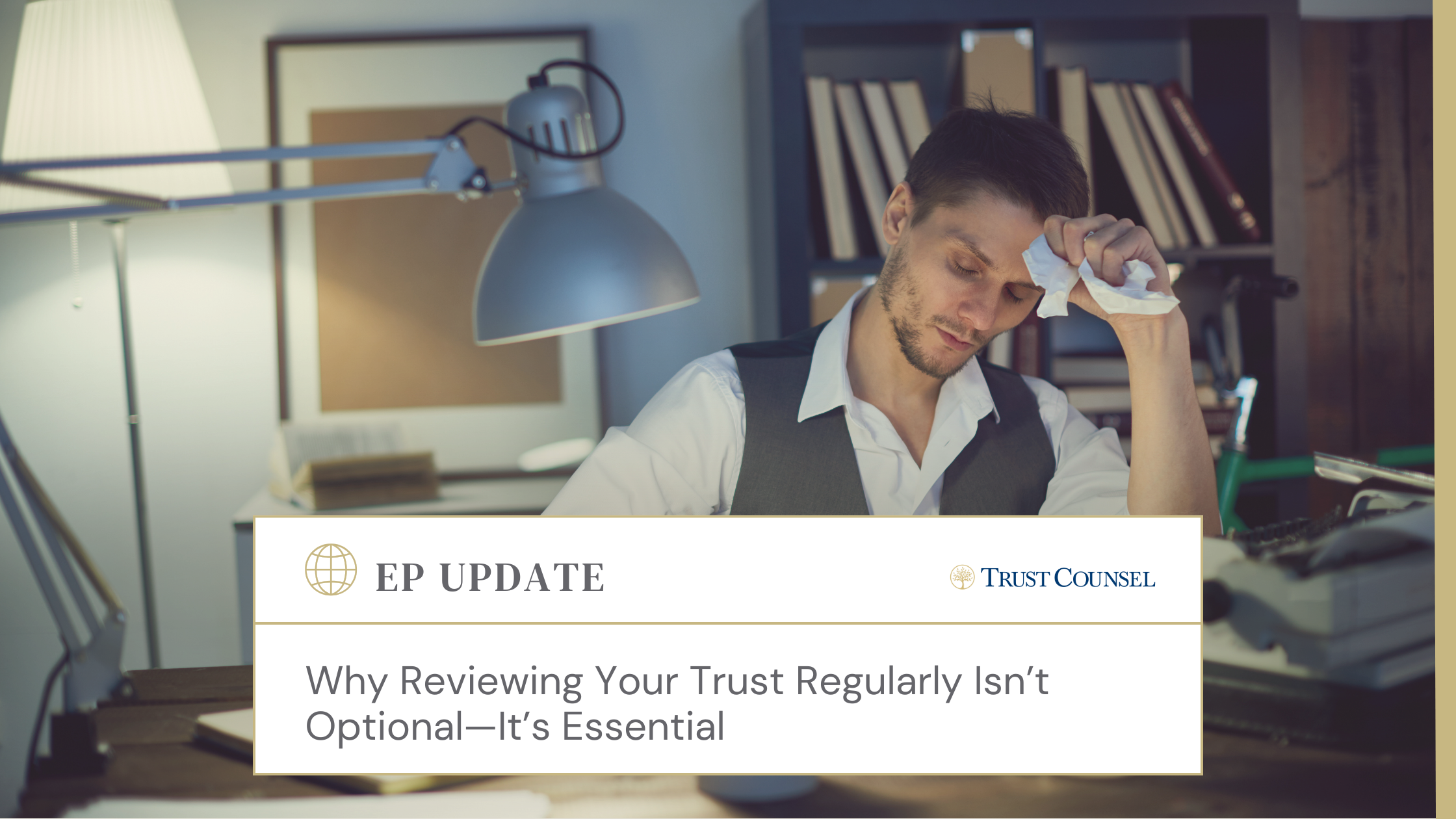
Of course, any estate planning lawyer’s goal is to satisfy the client; but in the long run, a lot of estate planning is focused on those who are left behind.
In creating an estate plan that disperses your assets in the way you want, you are creating a legacy and supporting your family, friends, or favorite causes for their own futures. It’s a noble and wonderful thing to do. It’s also kind of complicated for those who are left.
It’s likely that when you pass away, your family will be dealing with their own grief, in addition to the legal aspects of inheritance. It’s a difficult time. One of the ways that estate planning lawyers know of limiting confusion and difficulties is to create an organized plan for getting everyone the information they need.
For most people, important information is kept in a variety of places. Some might be on your computer, some in the filing cabinet, and still more in a safe deposit box. Your estate planning lawyer will also have information that beneficiaries need to access.
With all that in mind, would your family know where to find everything? There’s a pretty good chance they would not. You can help take away worry and frustration by getting things organized, and your lawyer can help you figure out how.
A fairly easy approach is to start creating an inventory of your important documents. Make a list of the important things your family, friends, or lawyer would need to know–not just in case of death, but also if you were to become medically incapacitated. In addition to listing these items, you should also make sure to note where they are located and include any contact information needed to access them. For example, include information for your estate planning lawyer, doctors, insurance agents, etc.
Some of the things your list should detail might be:
· Will
· Living trust
· Health care documents
· Powers of attorney
· Medications you take
· Accountant
· Insurance agents
· Financial planner
· Insurance policies
· Bank statements
· Stocks, bonds, and other investments
· Deeds and titles to property
· Information on safe deposit boxes (and keys to them)
· Storage facilities
· List of assets
· Debts
· Information on money owed to you
· Benefits
· Tax returns
Additionally, it’s helpful to create a list of all of your online accounts–whether social media or financial–along with your login information and passwords.
None of this information will be useful if no one knows it exists, so be sure that you have told a trusted person how and where to find the inventory. Your estate planning lawyer will likely advise you to keep originals in a safe deposit box or fireproof safe with copies or even just notes in a binder that can be accessed by the person you’ve designated in case of emergency.
While there’s no doubt that creating this inventory is a time consuming process, keep in mind that if it’s hard for you, it will be considerably harder for someone who is not you! Once it’s all together, though, your estate planning lawyer can tell you that it becomes much easier to simply update it when changes are needed.





